COMPARATIVE JOURNEYS
MASTERS OF CHINESE STUDIES
COMPARATIVE JOURNEYS

ESSAYS ON LITERATURE AND RELIGION EAST AND WEST

Anthony C. Yu
COLUMBIA UNIVERSITY PRESS
NEW YORK
Columbia University Press wishes to express its appreciation for assistance given by the Chiang Ching-kuo Foundation for International Scholarly Exchange in the publication of this book.
Columbia University Press
Publishers Since 1893
New York Chichester, West Sussex
cup.columbia.edu
Copyright 2009 Columbia University Press
All rights reserved
E-ISBN 978-0-231-51250-3
Library of Congress Cataloging-in-Publication Data
Yu, Anthony C., 1938
Comparative journeys : essays on literature and religion east and west / Anthony C. Yu.
p. cm.(Masters of Chinese studies)
Includes bibliographical references and index.
ISBN 978-0-231-14326-4 (cloth : alk. paper)ISBN 978-0-231-51250-3 (electronic)
1. LiteratureHistory and criticism. 2. Chinese literatureHistory and criticism. 3. Religion in literature. I. Title.
PN510.Y82 2009
809.93382dc22
2007049294
A Columbia University Press E-book.
CUP would be pleased to hear about your reading experience with this e-book at .
References to Internet Web sites (URLs) were accurate at the time of writing. Neither the author nor Columbia University Press is responsible for URLs that may have expired or changed since the manuscript was prepared.
For
Jonathan Z. Smith
C. T. Hsia
Ying-shih Y
Il faut accommoder mon histoire lheure. Je pourray tantost changer, non de fortune seulement, mais aussi dintention.
Montaigne, Du repentir
CONTENTS
A CCORDING TO one ancient commentary of the Yijing, how Change works as the Way shifts frequently. Considering my life as a student and later also as a teacher, I think there is much wisdom in this observation, for it implies an understanding that the experience of difference can be processual. As I reflect on the past, my first encounter with Change so loftily conceived had to do with the experience of language.
Having returned in 1946 to my birthplace of Hong Kong after the Sino-Japanese War, during which five plus years I was a toddler following my extended family of three generations in sporadic flight across south China from the brutal conflict, I was enrolled in a combined class of third and fourth graders, an accommodation to both the scarcity of teachers and the abundance of children like myself deprived of formal schooling during the war. Well into the first semester, I received my first shock of Change when a failing grade in an elementary Chinese composition class accompanied the teachers curt remark: You dont know how to write Chinese! My tearful protest to my mother back home that I was transcribing exactly how I thought and spoke was greeted with a less than illuminating consolation: Yes, now that youre in school, you must learn that you cant write like the way you speak Cantonese! You will have to make an effort to learn how to write Chinese in the vernacular style [yutiwen, literally, the writing of the spoken style, or baihuawen, the writing of colloquial speech]. To this day, I remember my hurt and bewilderment as I pondered such questions as: If I am a Cantonese but still not a Chinese, then who is a Chinese? Why am I not allowed to communicate in the manner I think and speak? And, how could I write in a manner of speech that I do not use or even know?
A few years later, when I accompanied my parents to Taiwan and quickly learned to speak Mandarin (now universally designated as putonghua [common speech]), I discovered that its ordinary syntax and vocabulary were indeed closer to the vernacular style that I was now obliged to memorize by rote. In Taiwans society, moreover, I could not make myself known readily by speaking as a Cantonese, and I had to learn (but, alas, never with the facility equal to what I could do in Cantonese) to recite passages of classical Chinese history, poetry, and thought that I was studying with a private tutor in a different language. Contacts with friends and schoolmates on that island exposed me further to such other tongues as Shanghainese and variants, Sichuanese, Hunanese, Zhejiangese, and different forms of the Minnan and Hakka dialects, the whole experience of which served to instill in me since my early teens a persistent doubt about the alleged unity of the Chinese language. For the nearly ten thousand graphs in common modern usage, one may affirm more or less a conventionalized agreement between written signs and meanings, even with due allowance for the now accepted division between traditional and simplified graphs, the latter of which, in quite a few cases, have deliberately collapsed semiotic distinctions by reducing further the variety of graphs but augmenting homophonous usage. Such an agreement, however, still requires continually visual or other tactile (e.g., in the case of the blind) confirmation of the graphic representation, and the graphs alleged ability to preserve meaning against temporal erosion or cultural subversion, as I would discover later, seems no more effective than that of other forms of linguistic sign. Thus the matter of linguistic unity in China seems to me to be part of a huge cultural myth that may continue to vex, because there are still manifestly lacking a stable agreement between sound and sense and between sound and graph, an easily sharable or transferrable system of grammar and syntax among numerous regional groups of language users, andwhether written or spokena dominant mode of linguistic expression meaningfully accessible to all Chinese.
To complicate a bit further my attempt to swim in this sea of signs, I was born into a virtually bilingual family. Intense schooling in English together with literary and modern Chinese in those postwar years thus became another constitutive part of this Change that would affect crucially my intellectual development. If Cantonese had posed for me the difficulty of matching thought and speech to writing, English swiftly exerted an opposite effect, because this first foreign language I studied eventually revealed itself as a comforting system of grammatical, syntactical, and representational stability (e.g., the verb in the third person singular present almost always ends in an s). Even with exceptions, the rules reassured by their relative regularity that, in turn, provided tremendous inducement to learn. For all the scholarly denunciation on the bias of extolling Indo-European languages that I would encounter much later, I discovered that alphabetical syllabification did assist me in construing the approximate vocalization of a new word before lexical consultation, while growing familiarity with grammar and syntax not only sped up comprehension of new texts but also spurred me to experiment in thought and writing through this newly acquired medium of self-expression. At the Taipei American School, the pleasure and proficiency of English were enhanced by classes in Latin and Spanish. College and graduate studies in the United States beginning in 1956 brought additional acquaintance with French, German, Italian, Greek, and Hebrew.

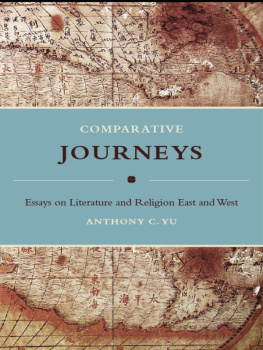
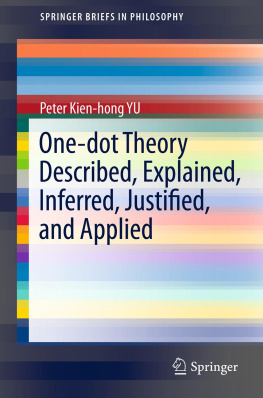
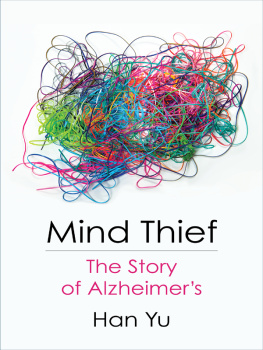


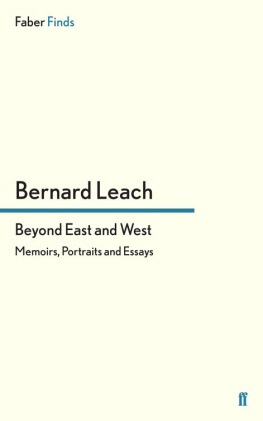
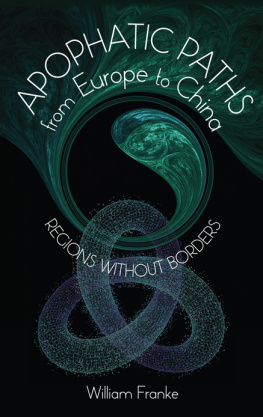
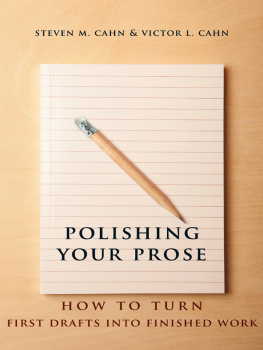
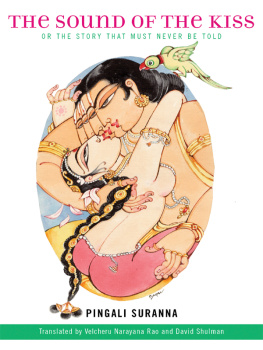
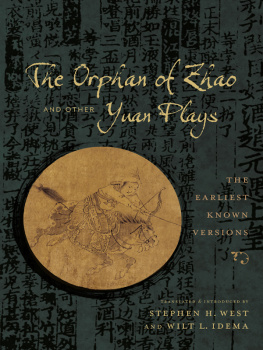
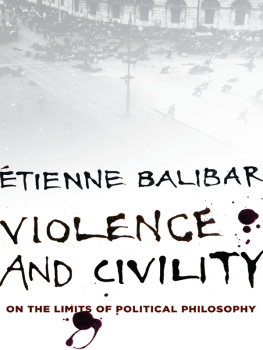
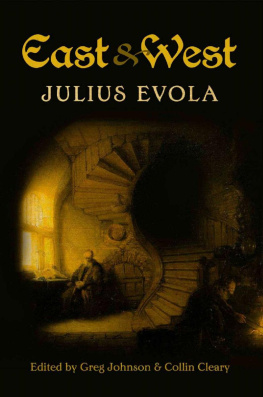

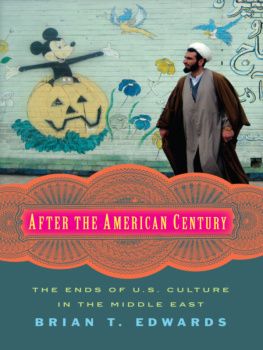
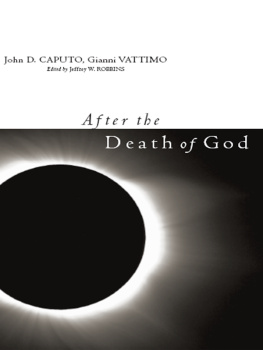
 ESSAYS ON LITERATURE AND RELIGION EAST AND WEST
ESSAYS ON LITERATURE AND RELIGION EAST AND WEST 

